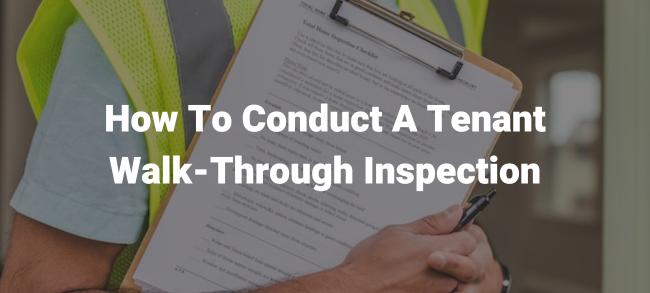What To Do When Your Tenant Stops Paying Rent
Owning rental property in Tampa is a great way of ensuring a steady, stable income. If you secure reliable tenants, through proper tenant screening , collecting rent is very simple. Unfortunately, in the rental management business situations occur when one or more of your tenants stop paying their rent.
Naturally, as the landlord, you will feel inconvenienced, and even demand that the individual either pays up or vacates the premises. Though you have the right to the property, it is prudent to know how to handle such a situation. Otherwise, you might end up facing costly and protracted legal suits.
So, when faced with such a scenario, what is the best approach for a Tampa landlord?
Assess the tenant’s rental history
Before you ask your tenant to move out, it is judicious to look at their rental payment history. Has the individual been paying rent promptly? Were they problematic right from the start?
If the renter has a positive rental history, decide whether or not you want to work out an arrangement. Ask yourself if you can make adjustments to accommodate him or her. For instance, shifting the due date to suit the occupant’s cash flow, or be prepared to tolerate the late payments.
However, if you feel it is time to let go of the tenant, talk to a competent Tampa real estate attorney. They will enlighten you about your options.
Contact the Tenant
If the renter fails to reach out to you concerning the unpaid rent, be proactive and contact them. It can be via email, mail, phone or face to face interaction. Find out why they are not paying. Is it due to a medical issue, financial hiccup, family matter, or are they deliberately withholding the payment in protest of their unattended concerns?
Whatever the reason may be, determine whether or not it is reasonable, temporary and solvable. If it is a legitimate concern, you could compromise and reach a logical solution with the tenant. For example, you could:
i) Ask the resident to suggest a plan on how they will pay up.
ii) Allow the renter to catch up by submitting a little more every month
iii) Amend the lease to change the due date
iv) Lower the rent
During the interaction with the tenant, make sure you document everything that transpires. That includes the time of the meeting, what happened, the discussions, who was present as well as the resolutions that you made. A detailed document will prove useful if you need to evict the occupant.
Review the lease
Just because you have a watertight lease agreement in place, it does not mean that your tenants will always pay promptly. Go over the contract to find out what the clauses on non-payment of rent state. The agreement terms should guide you on which course of action to take. For instance, does the lease contain a rent repayment grace period? If it does, you might have to give the tenant some time to catch up with the back rent. However, if the agreement does not include a grace period, you can demand that the occupant pays up within three days.
You should also take the time to remind the tenant in writing, of the lease agreement terms. The written document will also serve as evidence in case an eviction is necessary.
Serve a notice to vacate
If the occupants fail to keep up with the rent payments, it is advisable to serve them with a Notice to Vacate. This should be done irrespective of whether you want to evict the tenant or not. Additionally, if you plan to give the tenant the option to repay the rent, you should first give them a letter to that effect.
In Florida, the law requires a landlord to give a rent defaulter a three-day notice to either pay up or vacate. The three days start when the notification is delivered to the renter, and excludes weekends and holidays. Furthermore, the notice should include the dollar sum amount in question, address of the property, the date by which the recipient should pay, the delivery date of the notice as well as the legal names, address and phone number of the landlord.
A landlord in Florida typically has three ways of serving the eviction notice:
i) You can use an agent or personally deliver the notice to the lessee at the rental property.
ii) Mail a copy to the tenant using registered mail, certified or regular mail.
iii) Leave the three-day notice in a conspicuous location at the rental property, preferably taping it to the property’s front door.
When serving the notice to vacate, you must follow the right procedure or else you might have to repeat the process. Hence, it is prudent to work with a Tampa property manager who is familiar with these types of situations.
Proceed with the Eviction
If after the elapse of the three-day notice the tenant neither pays up nor vacates, you should proceed to file a suit to regain possession of your property. You must, however, successfully win the tenant eviction case for the law officer to legally repossess the property. Here too, working with a licensed attorney will prove useful. Once the occupant moves out, you can use the security deposit to make up for the due rent. But if the security deposit is insufficient to cover the unpaid rent and related charges, you can sue the tenant for the variance.
Dealing with difficult tenants can be a headache. If you would like the help of a Tampa property management company don’t hesitate to give us a call at 813-908-8300!










